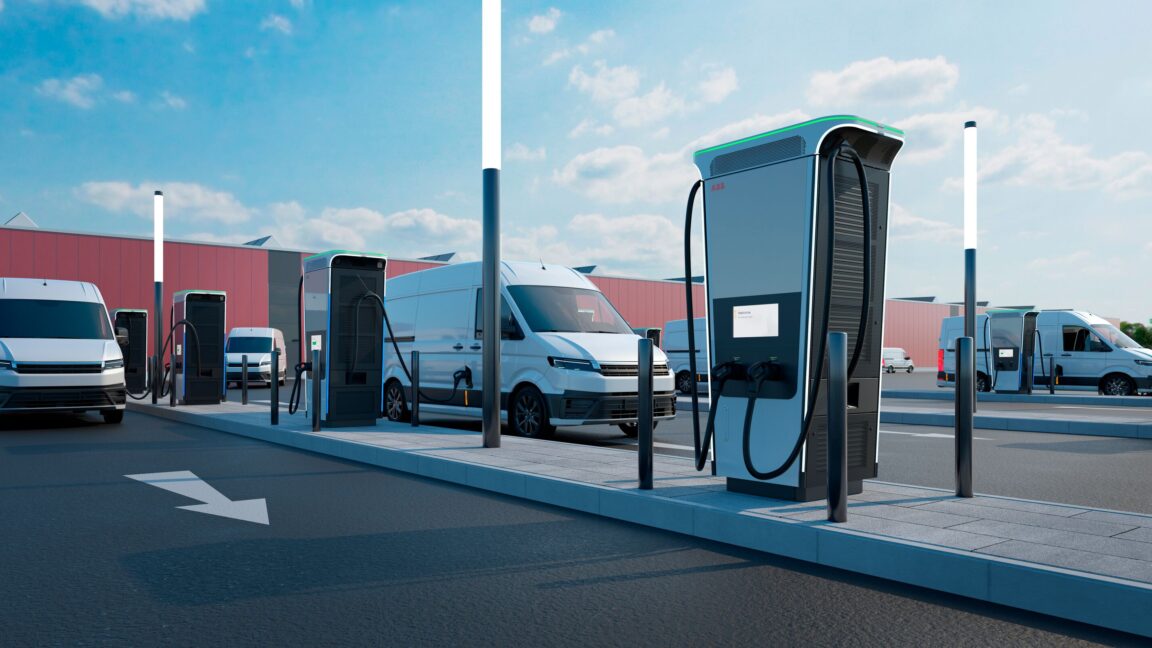
Although there’s been a whole lot of pessimism recently, electric vehicle sales continue to grow, even if it is less quickly than many hoped. That’s true in the commercial vehicle space as well—according to Cox Automotive, 87 percent of vehicle fleet operators expect to add EVs in the next five years, and more than half thought they were likely to buy EVs this year. And where and when to plug those EVs in to charge is a potential headache for fleet operators.
The good news is that charging infrastructure really is growing. It doesn’t always feel that way—the $7.5 billion allocated under the Inflation Reduction Act for charging infrastructure has to be disbursed via state departments of transportation, so the process there has been anything but rapid. But according to the Joint Office of Energy and Transportation, the total number of public charging plugs has doubled since 2020, to more than 144,000 level 2 plugs and closing in on 49,000 DC fast charger plugs.
There are ways to throw off a planned timeline when building out a station with multiple chargers. Obviously you need the funds to pay for it all—if these are to come from grants like the National Electric Vehicle Infrastructure program, that had to wait for the states to each develop their own funding plans, then open for submissions, and so on, before even approving a project, for example.
Permitting can add plenty more delays, and then there’s the need to run sufficient power to a site. “The challenge is getting the power to the points that it needs to be used. The good thing is that the rollout for EV is not happening overnight, and it’s staged. So that does give some opportunity,” said Amber Putignano, market development leader at ABB Electrification.
For example, ABB has been working with Greenlane, a $650 million joint venture between Daimler Truck North America, NextEra Energy Resources, and BlackRock, as it builds out a series of charging corridors along freight routes, starting with a 280-mile (450 km) stretch of I-15 between Los Angeles and Las Vegas.

